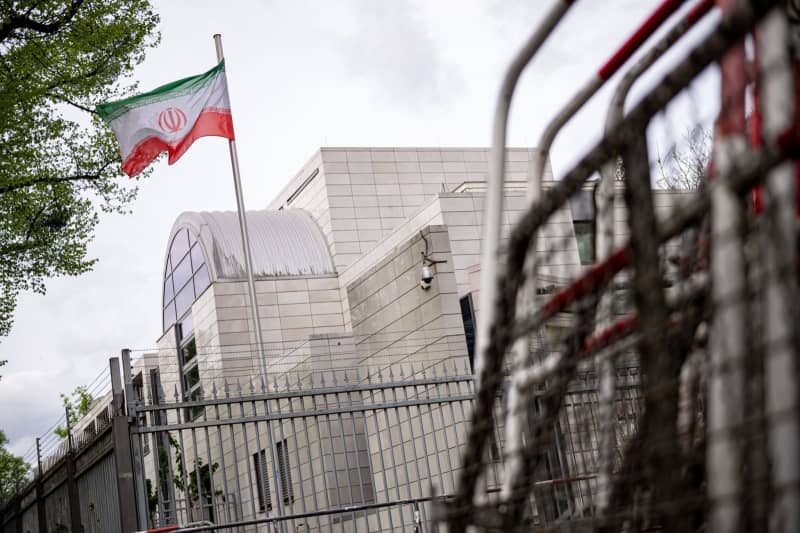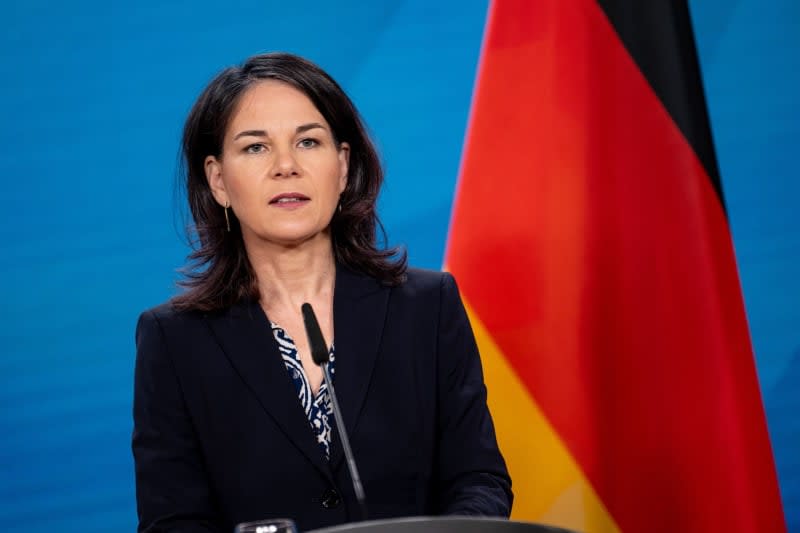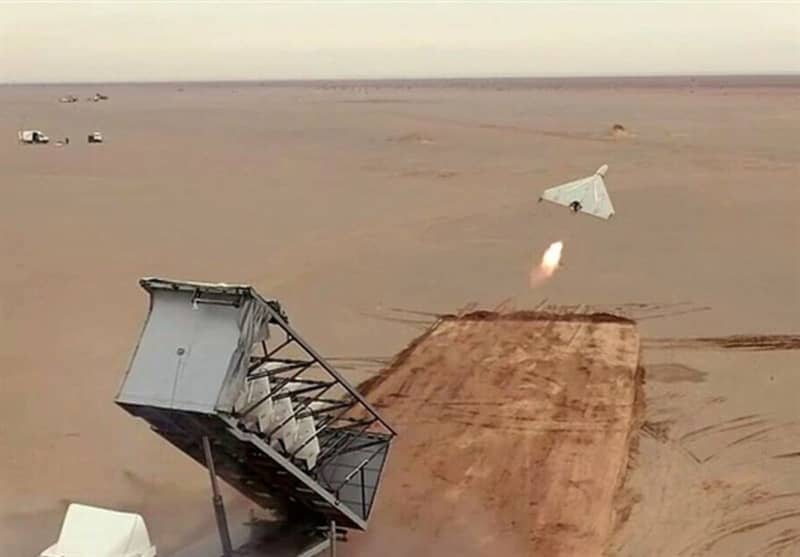EU condemns Iran's attack on Israel as 'unprecedented escalation'

- Oops!Something went wrong.Please try again later.
The European Union condemned Iran's direct aerial attack on Israel in the "strongest terms" on Sunday.
"This is an unprecedented escalation and a threat to regional security," the bloc's chief diplomat Josep Borrell said on behalf of the EU. "We call on all parties to exercise utmost restraint."
In this highly tense regional situation, further escalation can be in no one's interest, Borrell said in a statement.
He also reaffirmed the European Union's commitment to Israel's security. "The EU remains firmly committed to contribute to de-escalation and security in the region and is in close contact with all sides to this end."
He spoke to Iranian Foreign Minister Hussein Amirabdollahian to convey these messages and urge Iran not to escalate further, Borrell wrote on X, the platform formerly known as Twitter.
He has called an extraordinary meeting of EU foreign ministers for Tuesday to address security in the region.
Turkish Foreign Minister Hakan Fidan called for de-escalation following the attack, in a telephone conversation with his Iranian counterpart.
Fidan told Iranian Foreign Minister Hussein Amirabdollahian that Turkey did not want any further escalation in the region, state news agency Anadolu reported, citing diplomatic circles.
Amirabdollahian assured Fidan that Iran would not carry out any further attacks as long as Israel does not launch a counter-attack. But if it does, Iran's response would be stronger than before, Tasnim news agency reported.
The Iranian Foreign Ministry announced on Sunday that it was calling in the ambassadors of Germany, Britain and France in connection with their "irresponsible positions" relating to Iran's overnight attack on Israel.
There was no immediate response from the European capitals concerned. Britain and France played subordinate roles to Israel and the United States in warding off the mass attack mounted directly from Iranian territory.
All three countries have condemned the attack and warned of escalation amid a febrile situation in the region.
An Israeli military spokesman said that 99% of some 300 drones, cruise missiles and ballistic missiles had been intercepted by Israel and its allies, with minimal damage caused.
Iran's "Operation Truthful Promise" was mounted in revenge for an airstrike on its embassy grounds in Damascus on April 1 in which two generals and others were killed. Israel is believed to have carried out the attack and has not denied responsibility.
Whether Israel will respond to the Iranian attack is not yet clear.
France has advised its citizens in Iran to temporarily leave the country due to the risk of a military escalation.
French media reported on Sunday that the French Foreign Ministry was also urging people in Iran to exercise extreme caution, avoid crowds and to stay informed about the latest development.
French President Emmanuel Macron said the attack threatened to destabilize the region. "France is working along with its partners for de-escalation and calls for restraint," he posted on X.
Macron expressed solidarity with the people of Israel and emphasized the significance of Israeli security for France.
According to Israel Defense Forces (IDF) spokesman Daniel Hagari, France contributed to warding off the Iranian aerial attacks by providing airspace monitoring.
Spanish Prime Minister Pedro Sánchez has called on all international leaders to show responsibility and restraint following the Iranian attack on Israel.
Madrid had "always condemned all forms of violence against the safety and wellbeing of innocent civilians and will continue to do so," he said in a post on X. Madrid has been a sharp critic of Israeli military actions in the Gaza Strip since the October 7 attacks.
Dutch Prime Minister Mark Rutte described the situation in the Middle East as deeply worrying, and also expressed concerns about a possible escalation.
Belgian Prime Minister Alexander De Croo called for restraint on all sides. "Iran is a known sponsor of state terrorism," he posted on X.
De Croo called for an "immediate ceasefire" in the region. Belgium has been increasingly critical of Israeli policy in the Gaza Strip.
Irish Prime Minister Simon Harris termed the Iranian attack "reckless" and urged all sides to show restraint and avoid escalation. Ireland has been among the sharpest critics of Israeli military action in the Gaza Strip.
Irish Foreign Minister Micheál Martin has called for a two-state solution and indicated that Ireland is preparing to recognize a Palestinian state, a move that is rejected by Israeli leaders.



